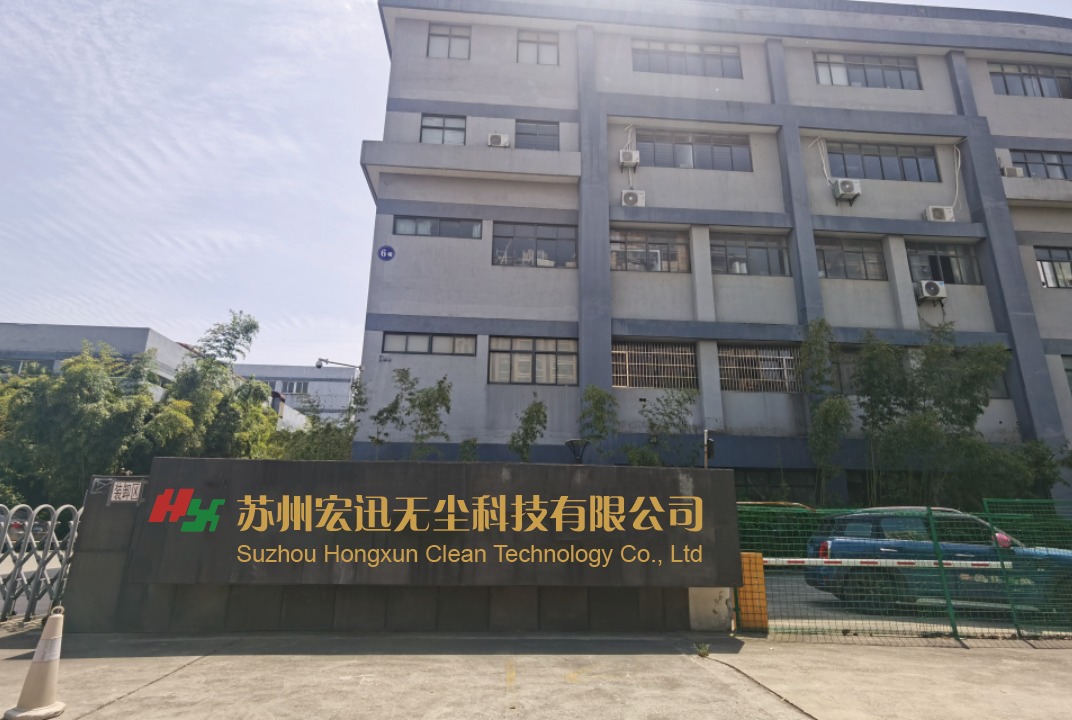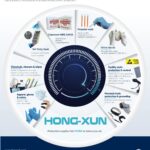Pharmaceutical Manufacturing: Revisiting the Unexpected with Growth
The pharmaceutical manufacturing industry is undergoing a significant transformation, marked by unexpected growth and innovation. While it has always been a critical sector for public health, recent developments—accelerated by global health crises, advancements in technology, and changing consumer expectations—have propelled the industry into a new era. Here’s a closer look at how pharmaceutical manufacturing is revisiting its strategies and embracing growth in this evolving landscape.
The Impact of Global Health Crises
The COVID-19 pandemic acted as a catalyst for change in pharmaceutical manufacturing, exposing vulnerabilities in the existing systems while also highlighting opportunities for rapid innovation.
- Rapid Vaccine Development: The unprecedented speed at which COVID-19 vaccines were developed and distributed showcased the potential for accelerated drug manufacturing. Techniques like mRNA technology, which was leveraged by companies like Pfizer-BioNTech and Moderna, demonstrated how agile the pharmaceutical sector could be when faced with urgent global health needs.
- Supply Chain Resilience: The pandemic revealed the fragility of global supply chains. Disruptions in sourcing raw materials and distributing finished products prompted companies to rethink their strategies. Many are now focusing on building localized supply chains to reduce dependency on single sources and enhance resilience against future disruptions.
Technological Advancements Driving Growth
Innovations in technology are transforming pharmaceutical manufacturing, making processes more efficient, cost-effective, and responsive to market demands.
- Automation and Robotics: The incorporation of automation and robotics in manufacturing processes enhances productivity and minimizes human error. Automated systems can monitor and control production lines with precision, ensuring consistent product quality while freeing human workers for more complex tasks.
- Continuous Manufacturing: This innovative approach replaces traditional batch production methods, allowing for a more streamlined and efficient process. Continuous manufacturing facilitates real-time monitoring of production, reduces lead times, and minimizes waste, ultimately leading to lower production costs.
- Artificial Intelligence and Data Analytics: AI and machine learning are increasingly being used to analyze vast datasets, optimize production processes, and predict market trends. By leveraging data, companies can improve decision-making, reduce downtime, and enhance overall operational efficiency.
Emphasis on Sustainability
As the world becomes more aware of environmental issues, the pharmaceutical industry is also revisiting its practices to prioritize sustainability.
- Green Chemistry: Many pharmaceutical manufacturers are adopting green chemistry principles to minimize waste, energy use, and harmful chemical substances in their production processes. This approach not only benefits the environment but also aligns with consumer expectations for sustainable practices.
- Energy-Efficient Facilities: Companies are investing in energy-efficient manufacturing facilities that utilize renewable energy sources. By reducing their carbon footprint, pharmaceutical manufacturers are meeting regulatory demands and improving their public image.
Personalized Medicine: A New Frontier
The shift toward personalized medicine is another significant driver of growth in the pharmaceutical manufacturing industry. As treatments become more tailored to individual patients, manufacturers are adapting their production processes to accommodate smaller batch sizes and more diverse product lines.
- Biologics and Gene Therapy: The rise of biologics and gene therapies has led to increased demand for specialized manufacturing capabilities. These complex products require stringent controls and advanced production techniques, pushing companies to innovate continuously.
- Patient-Centric Approaches: Pharmaceutical manufacturers are increasingly focusing on patient outcomes and experiences. This shift toward patient-centricity is influencing product development and manufacturing strategies, encouraging companies to engage with patients and healthcare providers throughout the process.
As the pharmaceutical manufacturing landscape evolves, companies must also navigate an increasingly complex regulatory environment.
- Regulatory Flexibility: The COVID-19 pandemic has prompted regulatory agencies to explore more flexible approval pathways for critical medications and vaccines. This flexibility can accelerate time-to-market for new products while maintaining safety and efficacy standards.
- Quality by Design (QbD): The implementation of QbD principles is becoming more common in pharmaceutical manufacturing. By designing quality into the product from the outset, manufacturers can reduce variability and enhance product consistency, leading to more reliable outcomes.
Conclusion: Embracing the Future of Pharmaceutical Manufacturing
The pharmaceutical manufacturing industry is experiencing a remarkable period of growth and transformation, driven by unexpected challenges and innovations. From rapid vaccine development and supply chain resilience to technological advancements and a focus on sustainability, the industry is revisiting its traditional approaches and embracing new strategies for success.
As the global health landscape continues to evolve, pharmaceutical manufacturers must remain agile and adaptable, leveraging innovations to meet the demands of healthcare providers and patients alike. By focusing on efficiency, sustainability, and personalized medicine, the pharmaceutical manufacturing sector is poised not only to recover from recent challenges but also to thrive in a dynamic and competitive marketplace.



